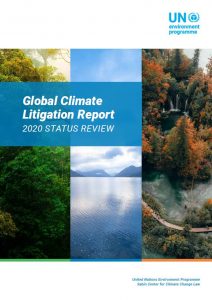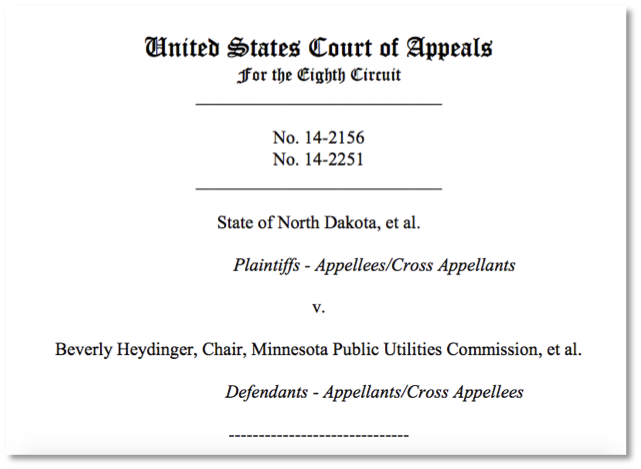Countries around the world are increasingly setting national emissions reductions targets and articulating policy objectives to address climate change impacts. As they do, a broad set of actors are turning to courts to seek enforcement of existing climate laws, to articulate clearer definitions of climate rights, to ask for compensation for a variety of climate harms and, on the other side of things, to demand relief from policies seen as overly ambitious. Today, the United Nations Environment Programme (“UNEP”), with support from the Sabin Center, has published a survey of global climate change litigation that provides an overview of existing cases and a discussion of their key legal issues: Global Climate Litigation Report: 2020 Status Review
Today’s report finds, as of July 1, 2020, at least 1,550 climate change cases have been filed in 38 countries around the world. Key trends in those cases include increasing numbers of matters premised on fundamental and human rights; challenging domestic enforcement and non-enforcement of climate-related laws; seeking to stop fossil fuel extraction and use; arguing for corporate liability for climate harms; addressing failures to adapt and the impacts of adaptation measures; and advocating for increased climate disclosures. Today’s report provides a fresh analysis of the recurring legal issues that appear in most of these cases and discusses likely future directions for climate litigation in light of both accelerating climate impacts and the changing legal landscape.
The full report is available from UNEP. A previous report, from 2017, is available here.




